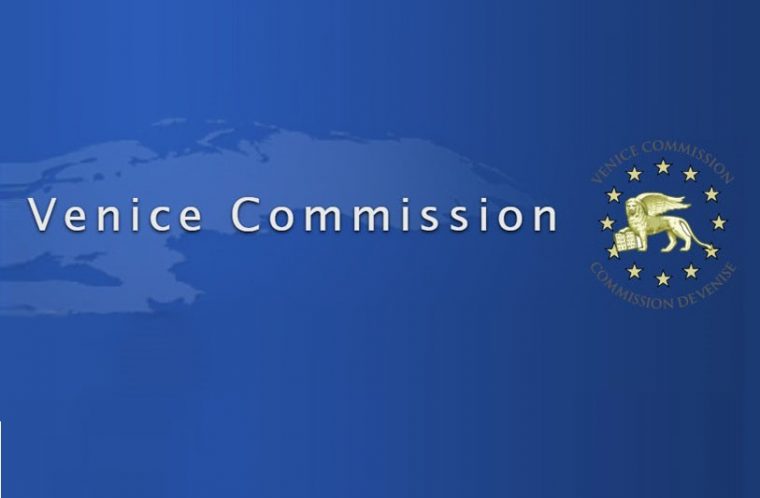
The Venice Commission publishes its opinion on the Organic Law of Georgia on Common Courts.
As Commission notes, following the request of Shalva Papuashvili, the Chairman of the Parliament of Georgia dated 22 November 2022, the Venice Commission has assessed the current set of amendments as part and parcel of the ongoing reform of the judiciary of Georgia in relation to which the Commission has already issued four opinions between 2019 and 2022.
“The present Follow-up Opinion therefore assesses these Draft Amendments against the background of the Commission’s previous recommendations concerning the Organic Law on the Common Courts of Georgia.
The Draft Amendments under examination have been prepared by the Georgian authorities as a part of legislative measures required by the EU in the context of Georgia’s application for EU membership. The European Commission has recommended that Georgia “adopt and implement a transparent and effective judicial reform strategy and action plan post-2021 based on a broad, inclusive and cross-party consultation process; ensure a judiciary that is fully and truly independent, accountable and impartial along the entire judicial institutional chain, also to safeguard the separation of powers; notably ensure the proper functioning and integrity of all judicial and prosecutorial institutions, in particular, the Supreme Court and address any shortcomings identified including the nomination of judges at all levels and of the ProsecutorGeneral; undertake a thorough reform of the High Council of Justice and appoint the High Council’s remaining members. All these measures need to be fully in line with European standards and the recommendations of the Venice Commission”, the conclusion notes.
The Venice Commission reiterates the importance to achieve an independent, impartial, and well-functioning judiciary.
“Only an independent judiciary can render justice impartially based on the law and prevent the abuse of power. It is of vital importance for the rule of law that there is public trust in the proficiency of the judiciary to operate in an independent and impartial manner,” the document notes.
The Venice Commission notes that the following key recommendations which it has previously made remain to be addressed: Addressing the issues of judicial corporatism and self-interest in the High Council of Justice which should involve a comprehensive reform of the High Council of Justice, (as discussed in paragraphs 15 – 23 above); Circumscribing the wide powers of the High Council of Justice to second or transfer judges without their consent by adding narrower criteria for the secondment/transfers, introducing time and location limitations on secondments/transfers, providing for a random system of secondments/transfers; Revising the procedure for suspension of judges from office by defining more precisely the grounds for suspension, allowing for more time for appealing such decisions and maintaining the salary during the suspension period; Restricting the grounds for disciplinary liability of a judge related to the expression of opinion to the manifest violations of the duty of political neutrality, while leaving space for the comments by the judges on such issues as reforms of the court system ; Ensuring that the instructions by the Supreme Court are mandatory for the High Council of Justice,” the conclusion reads.
According to document, the Commission is of the view that the draft provisions regulating access to court decisions are positive, but it recommends that the process be shortened and simplified and that it be ensured that access is provided for past decisions as well as for future ones.
“The Commission was informed by the Georgian authorities that the Draft Amendments were only the first step in a comprehensive strategy for judicial reform in the country. Indeed, the present legislative initiative is of limited scope and does not provide for a holistic reform of the judiciary, including the High Council of Justice. The need to await a decision by the Constitutional Court was also invoked as a reason not to proceed with amendments that would meet the Venice Commission’s recommendations. The Commission welcomes the statement of the Georgian authorities that they wish to take its recommendations into account, and it recommends that they do so without any unjustified delay,” it reads.





